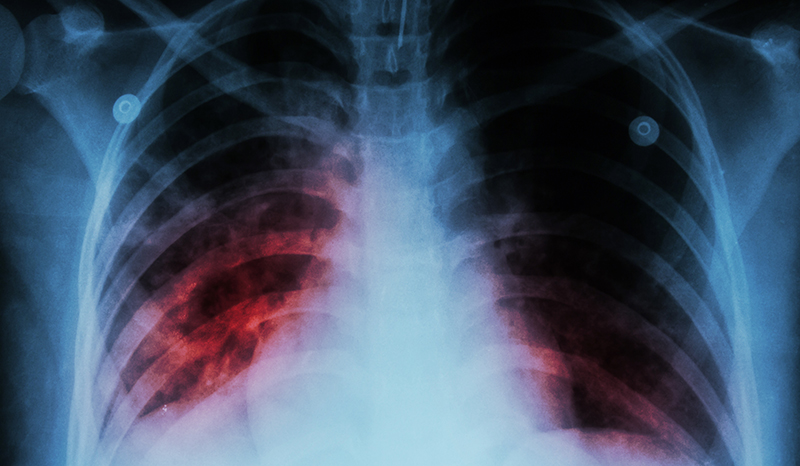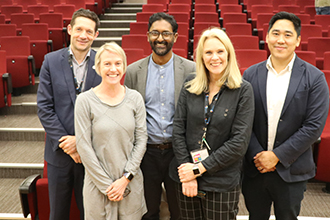Enquiries from clinicians interested in entering medical research are encouraged.
My team at WEHI investigates cellular and molecular mechanisms of TB pathogenesis, combining wet and dry lab approaches to reverse translate our discoveries from clinical research conducted locally and by my team at the Centre for Infectious Diseases Research in Africa, at University of Cape Town (UCT), South Africa.
We collaborate at WEHI with Prof Melanie Bahlo, Prof Matt Ritchie, and Prof Tony Pappenfuss for bioinformatic analyses, investigate mechanisms of cell death with Prof James Murphy, A/Professor James Vince, and Dr Rebecca Feltham on infection models of cell death, and work closely with the A/Prof Kelly Rogers team in the Centre for Dynamic Imaging, and Prof Rory Bowden’s team in the Genomics Facility.
We collaborate locally with the the Dunstan Lab and Victorian TB Programme at the Peter Doherty Institute, the Phan and Poon Labs at La Trobe University, and the Leung Lab at Bio21.
Our large network of international collaborations include University College London, London School of Hygiene and Tropical Medicine, Francis Crick Institute, Imperial College London, Queen Mary University of London, Boston University, Rutgers University, University of Chicago, Stellenbosch University and Institute Pasteur Madagascar.




